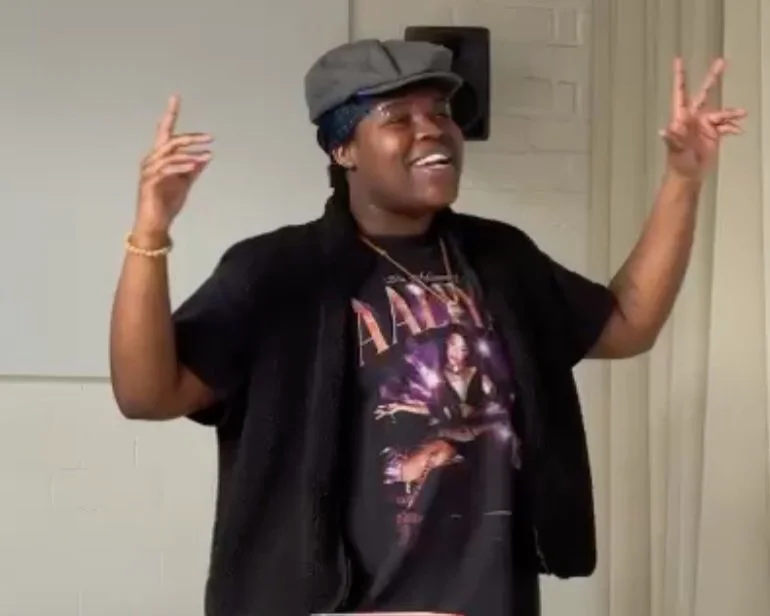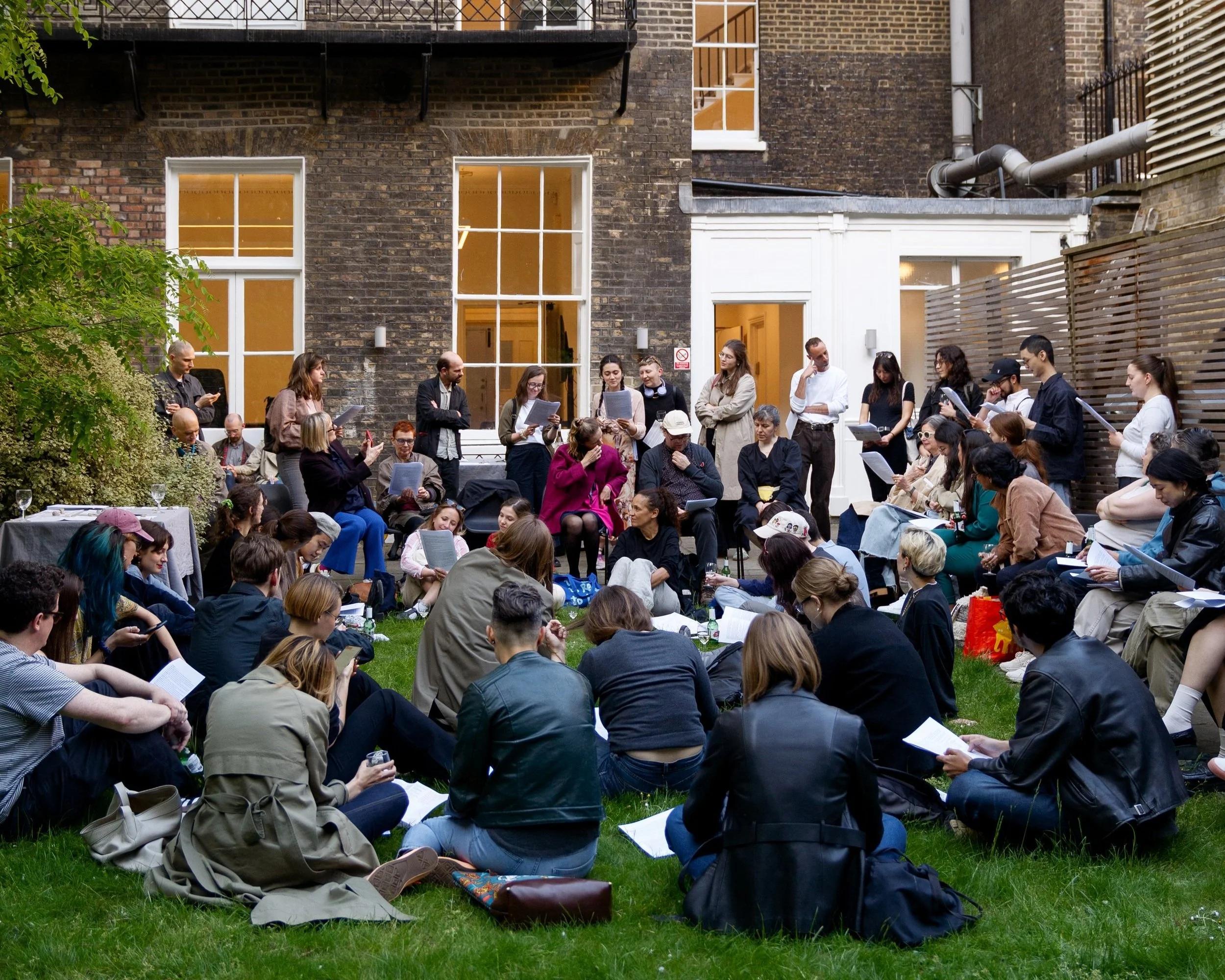Beating Around the Butch: a conversation on uncertain transmasculinities
In recent years, demands to prove and know our genders — to present evidence of ‘really being’ — have been levied increasingly at trans people. What would it mean to reject these pressures? Starting with the ambivalent figure of the ‘butch,’ our speakers Dr Sita Balani, Ray Filar, Tanaka Fuego, D Mortimer and Francis Whorrall-Campbell, share some seminal butch texts, and discuss the spectres of trans ambivalence and regret in relation to their practices and research.
Using the opening letter of Leslie Feinberg’s 1993 novel Stone Butch Blues as a springboard, this panel examines the intersections between class, race and ability in relation to the butch experience and the border wars of trans masculinity and butchness. Where is the vanishing point of masculinity? How do questions of uncertainty, doubt, ambivalence and regret get swallowed up in the noise of trans-exclusionary movements? And in what ways might these exclusions be said to construct the transexual in the popular imagination as a bogeyman?
We are keen for this project to examine whether the medical model is failing a trans and gender non-conforming population forced into performing certainty to access healthcare. As artists, writers and poets working in the humanities we would like to question exactly how human the notion of certainty really is when it comes to gender, and in doing so oxidise a future methodology of uncertain genders.
Texts
We will reference texts including:
Cameron Awkward-Rich, The Terrible We: Thinking with Trans Maladjustment (Duke University Press: 2022)
C. Riley Snorton, Black on Both Sides: A Racial History of Trans Identity (University of Minnesota Press: 2017) – available here: https://transreads.org/wp-content/uploads/2019/03/2019-03-17_5c8e04a08bf86_c-riley-snorton-black-on-both-sides-a-racial-history-of-trans-identity.pdf
Grace Lavery, ‘Egg Theory’s Early Style’, TSQ: Transgender Studies Quarterly, 2020 7/3
Jack Halberstam, Female Masculinity (Duke University Press: 2018)
Jordy Rosenberg, ‘The Daddy Dialectic’, Los Angeles Review of Books, March 11, 2018 – available here: https://lareviewofbooks.org/article/the-daddy-dialectic/
Jules Gill-Peterson, Histories of the Transgender Child (University of Minnesota Press: 2018)
Leslie Feinberg, Stone Butch Blues (Firebrand Books: 1993) – open access, available here: https://www.lesliefeinberg.net/
Levi Hord, ‘Specificity Without Identity: articulating post-gender sexuality through the non-binary lesbian’, Sexualities, 2022 25/5-6
Bios
Dr Sita Balani is a Senior Lecturer in English at Queen Mary University of London. Balani is the author of Deadly and Slick: Sexual Modernity and the Making of Race (Verso), and has published in Vice, Tribune, The White Review, Salvage, Five Dials, and Wasafiri.
Ray Filar is a writer and theatre-maker based in London. They are co-creative director of Homos and Houmous, a queer Jewish theatre company.
Tanaka Fuego is a slam winning, multi-published, international spoken word artist, performing sold out shows at Edinburgh’s Fringe festival and Vault festival, and recently being involved in British Vogue X Prim digital pride campaign, working with brands such as Calvin Klein, Montblanc x NTS, Nike and more. Tanaka Fuego is a BBC Extra words first alumni, as well as a Roundhouse poetry collective alumni. From becoming a qualified mental health first aider, facilitating workshops for all people in identity and expression as a wellness practice to speaking at corporate events on diversity and inclusion - Tanaka is an artist dedicated to practice of autonomy, and confronting self!
D Mortimer is a writer from London. They/he/she is interested in the crip unknown. Their first book Last Night a Beef Jerk Saved My Life was published by Pilot Press in 2021. They are a techne scholar in English and Creative Writing at The University of Roehampton.
Francis Whorrall-Campbell is an artist and writer. Their work has been shown widely, with upcoming exhibitions at Project Art Centre, Dublin and Bologna Towers, Amsterdam. He is currently working on a road trip novel about Twink Death, Kurt Cobain and trans internet culture.
Speaker Portraits:
Francis: photographed by Annabel Ballance
Ray photographed by Holly Revel
Marlo photographed by Yaz Zadeh
Tanaka photographed by Tom Burman
Sita photographed by Sita Balani
Access information for Goldsmiths CCA is available here
Residents at Goldsmiths CCA
This event takes place as part of the Feminist Duration Reading Group’s 2023-2024 residency at Goldsmiths CCA.
Image
Tanaka Fuego in ‘Beating Around the Butch,’ Goldsmiths CCA, 28 April 2024. Photo Helena Reckitt.








